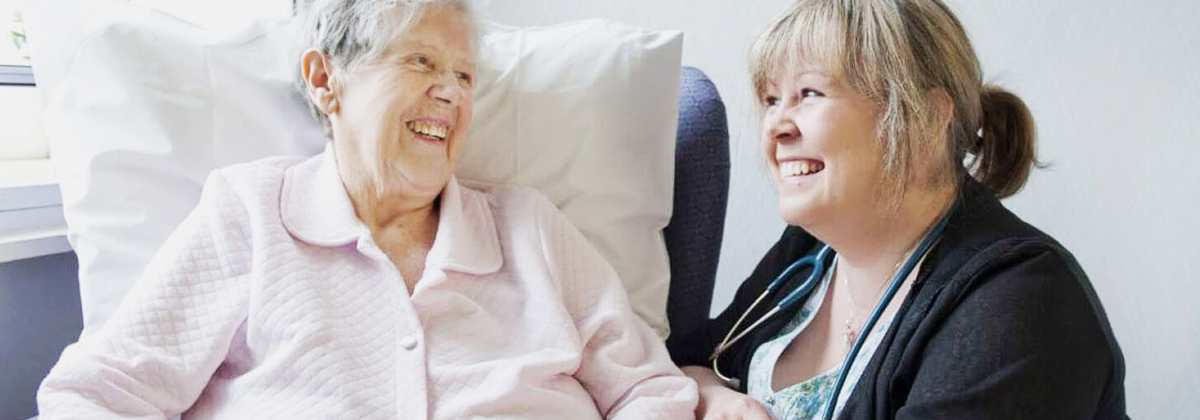What changes for over 50s?
Before the 1950s, few people with cerebral palsy survived into adulthood. Now 65% to 90% of children with cerebral palsy survive and have a normal life expectancy.
As you grow older it’s important to recognise that the effects of your cerebral palsy will change both physically, and psychologically.
Carrying out physical tasks and activities can become more difficult as you get older and require more time and energy compared with when you were younger. You may worry more about falling and breaking something or your ability to get back up again.
As you get older you may also experience social changes, including feeling:
- More vulnerable
- Less able to manage tasks without assistance
- That tasks take longer and use more energy to complete
- Your concentration decreases
- Your confidence levels change
- You may worry more about going out.
To find out more ageing with CP, read the 2013 report, ‘Ageing with a lifelong condition. The experience and perception of older people with cerebral palsy.’
How Cerebral Palsy Scotland can help
The key to leading a healthy life well into old age is to look after mind and body. After all, one keeps the other strong.
Find out how Cerebral Palsy Scotland supports adults with CP by providing therapy and other services.
Our Annual Self Check can help identify areas where changes are beginning to happen and help with deciding if it’s time to get some advice or help.
